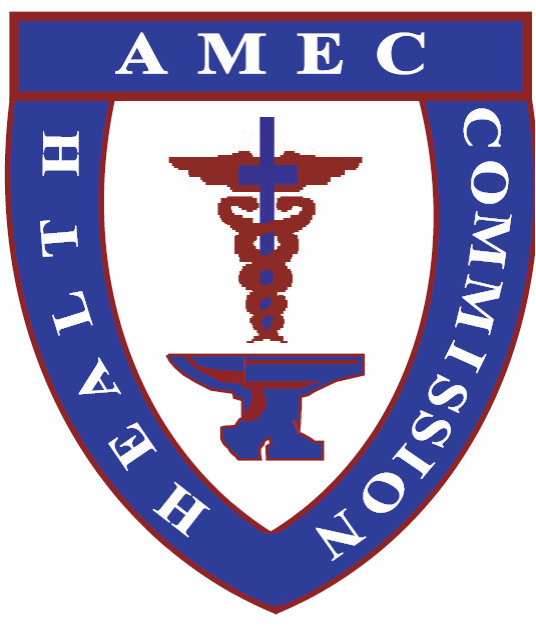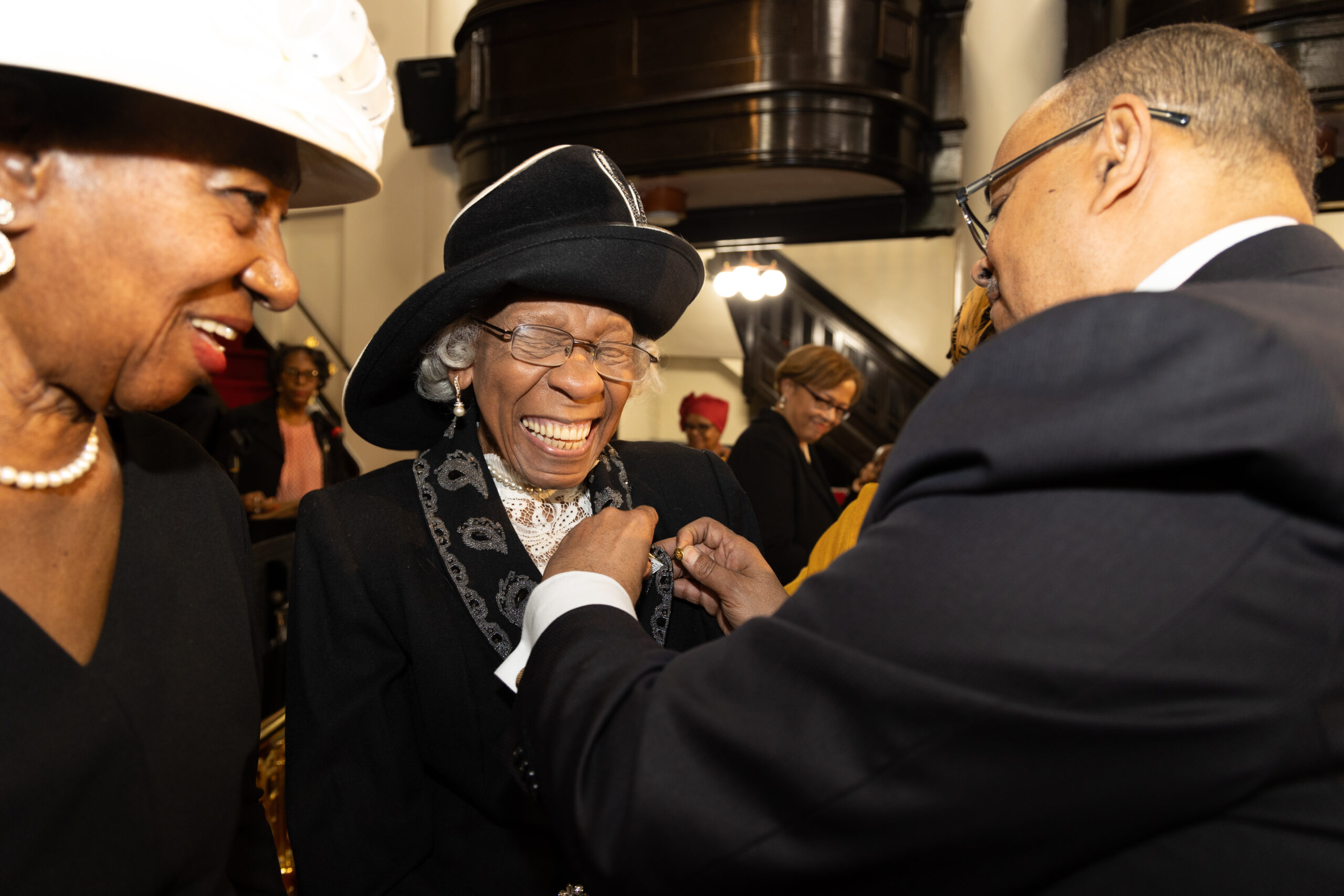By Benjamin F. Edwards, Esq.
Amid a pandemic, many parents and guardians have failed to obtain essential legal documents on their 18 plus-year-old children—especially college students and children living away from home—until it is too late. The documents allow them to intervene in their children’s affairs if they become disabled or incapacitated.
At 18, they are no longer children. Legally, they are adults even if their parents and guardians support them financially. They are responsible for themselves and make their own decisions, whether their parent(s) or guardian(s) agree or disagree.
Their youthful lack of experience and pre-occupation with school, work, and enjoying life may cause them to overlook or devalue the documents. Without them, they are candidates for a legal proceeding known as guardianship, if they become disabled. A court will appoint an individual or agency to serve as a guardian. That person may or may not be a relative or someone they know. That person will make financial, property, medical, and education decisions as well as where they go, where they live, and who interacts with them. It is a slow, public, and expensive challenge to terminate. Also, it can limit the involvement of the parents, guardians, and loved ones.
Parents and guardians may overlook and devalue the documents, also. Understandably, it is hard for them to contemplate their child disabled. However, even the healthiest child is not exempt from accidents, injuries, viruses, and health issues that can render them temporarily or permanently disabled or incapacitated and unable to make crucial life decisions. It is also generally difficult for them to envision anyone other than themselves having that much control over their child, especially if the child did not appoint or approve of the appointment.
One essential legal document that virtually every parent or legal guardian should obtain on their child at the earliest possible date following their 18th birthday is a General Durable or Financial Power of Attorney. A young adult, known as the principal, can appoint a parent, guardian, or other trusted person or agency to be their attorney-in-fact to make financial and property decisions, i.e., sign tax returns, access bank accounts, pay bills, and make changes to financial aid packages.
The second essential legal document is the Durable Medical or Healthcare Power of Attorney. A young adult child, known as the principle, can choose a parent, guardian, or other trusted person to serve as their healthcare advocate to make medical and health care decisions, i.e., admission or discharge from a hospital; authorization of medical procedures; and termination of food, water, and life support. A Living Will generally accompanies this document.
The third essential legal document is the Living Will. Here, no “agent” is required. It addresses end-of-life treatment of one determined to be terminally ill or unlikely to recover from an injury and procedures and medications that may or may not be wanted to prolong life. It is useful in the event they are unable to communicate with loved ones or physicians concerning their care. Without it, a young adult child may receive treatment that violates their belief(s) or be kept alive against their wishes by artificial means at a high financial and emotional cost to their parent(s), guardian(s), and loved ones.
The final essential legal document is a HIPPA Authorization. HIPPA stands for the Health Insurance Portability and Accountability Act. The form authorizes medical providers to release medical information, i.e., diagnoses, medications, and test results to third parties like parents, guardians, other individuals, and agencies. Without it, healthcare providers cannot release medical records or treatment information.
With planning, parents and guardians can help their young adults avoid court involvement if they become seriously ill, disabled, or otherwise incapacitated. When they recover, it would be easy to take back control.
These documents are not limited to young adults. Every adult should have them. Due to their legal nature and far-reaching effect, they should be prepared by an estate planning attorney.
Benjamin F. Edwards, Esq. is the principal at The Edwards’ Law Offices and is licensed to practice law in Illinois and Missouri. He is a steward at St. Paul AME Church in St. Louis, Missouri, and a former member of the AME Church Judicial Council. His practice includes wills, living trusts, powers of attorney, estate planning, real estate, probate administration and avoidance, and small business formation. He can be reached at bedwardlaw@gmail.com or www.bfedwardlaw.com.
Disclaimer: This information is for general educational purposes only. Consult an attorney for legal advice.





